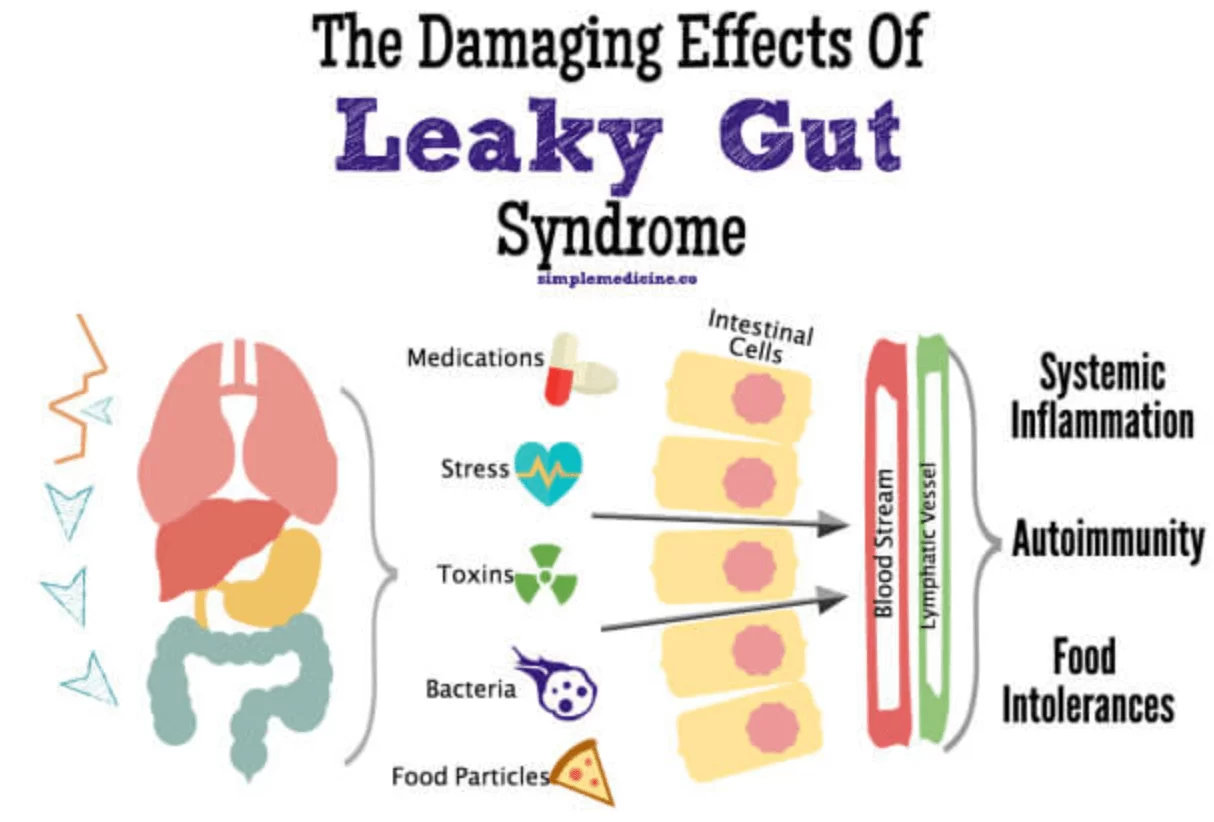
Have you heard of iridology? It is very interesting. Science will confirm that the coloured section of your eye, the iris, contains information about your past, present and future health. Discovered by Dr Philippus Meyens, it has been used since 1670 to predict probable health problems, and with a high degree of success. Those practitioners with the ability to read this complex human map can tell you about the state of your psychology, physiology, personality and health conditions. They will know where the most toxicity is stored in your body, and even what your genetic strengths and weakness are, just by examining the markings within your irises.
How does iridology work?
The optic nerve is connected to around three thousand nerves from different places in the body. When healing occurs, changes will be reflected in the iris to confirm this. Likewise, when the state of someone’s health is worsening, the iris will display changes apparent to an iridologist. The eye is a reflection of what is going on in the entire body; it is also an extension of our brain. When changes occur in the structure of the iris and in its pigments, it is possible for the trained practitioner to detect health abnormalities. Iridology benefits us by treating the entire human being rather than the symptoms they present. By helping us to understand our physiology and predict issues, we can make wiser choices for their health, removing the guesswork. Such choices might include better nutrition, stress management, proper therapy, etc. This allows us to stop diseases in their tracks; if they never manifest, iridology has done a better job than most other practices.
Iridology is quick, effective, and non-invasive
These qualities make iridology a very useful diagnostic tool; in fact, when someone is suffering from a chronic health condition, examining the iris can detect tissue changes that offer more insights into the state of the patient’s condition than any other method. Some health problems that iridology can help to determine the cause of are: Colds and flu, fatigue, lethargy and migraines; arthritis, inflammation, infection, and fever; insomnia and depression; skin problems, allergies like hay fever, asthma and catarrh; and bowel problems like constipation and diarrhoea. Simply studying symptoms is far less effective because of the myriad of toxic influences we are subject to in modern times. It should also be considered that although humans inherit traits from their parents and ancestors, things get complicated when you take into consideration the dietary and lifestyle choices made by each individual. There are so many possibilities behind modern health conditions that symptoms alone don’t tell us that much.
How does iridology benefit us?
Iridology helps us to do the following:
- Pinpoint areas of inflammation and stored acidity
- Understand the condition of organs, bodily systems and structure
- Understand personal biochemistry
- Understand the condition of the body’s nerves, blood and lymph
- Identify underlying imbalances
- Identify potential trouble spots in the body
- Understand the state of the body’s circulation
- Indicate your personal level of resilience
- Remove the guesswork as to which treatments are best for you
- Pinpoint negative emotional and behavioural tendencies
- Prevent diseases years before their probable development
- Monitor the state of current health conditions
- Identify the underlying causes of disease
- Predict health conditions that are likely to develop
- Understand what nutritional deficiencies may be present
- Understand our current state of mind
It is always going to make the most sense to have a clear idea of what is happening in your body as a whole unit rather than to study its individual parts, and only then when a problem has arisen.
Preventative measures are the wisest choice
Prevention is a far superior and more comfortable choice than finding a cure, and it’s often a less expensive one. If you take the time to analyse the state of your body and mind with the help of a trained professional, you will be far better equipped to handle any health problems when they arise. Some people think that they aren’t sick just because they don’t feel unwell, but there is a big difference between a lack of symptoms and true health and vitality. You can only know this when you have experienced the latter. Feeling youthful does not have to be the domain of those under 40. You will feel more energetic, you’ll be able to think clearly, and you’ll have lots of motivation for the things you love. When you don’t have these things you may not even be aware of them. What’s more, the brain fog itself is one of the reasons why you aren’t organised or motivated enough to do anything about it; instead, it may be easier to accept a substandard state as normal. Surely life is too short for that?




 How to Say Goodbye to Cystitis Permanently
How to Say Goodbye to Cystitis Permanently
 The Dirty Little Secrets in Your Skincare Products
The Dirty Little Secrets in Your Skincare Products




